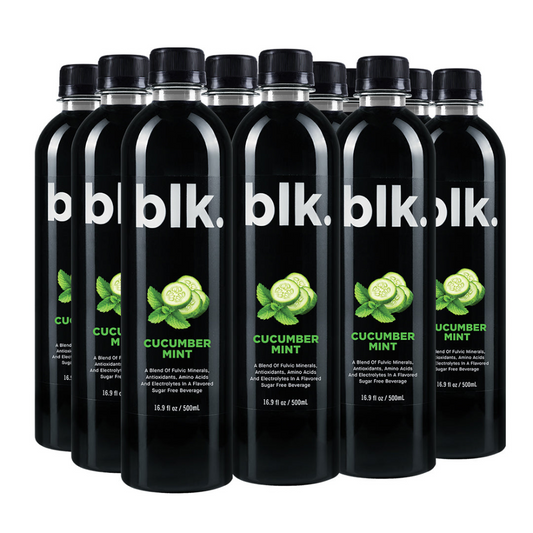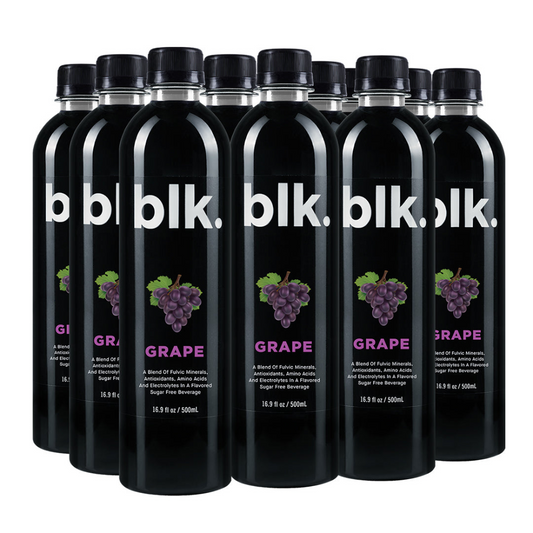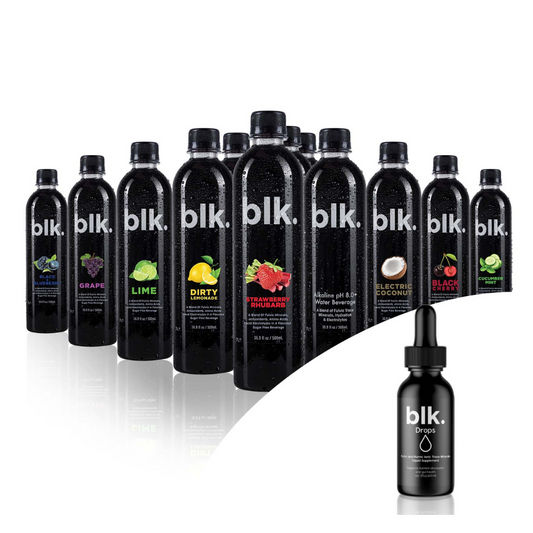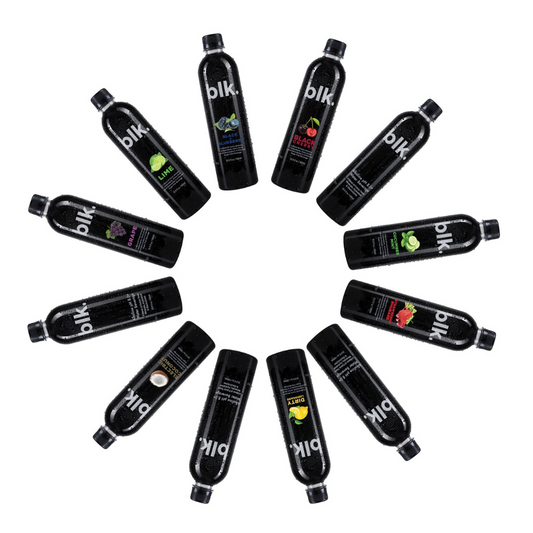
Maximizing Muscle Growth With Whey Protein Hydrolysate
Whey protein is commonly used to maximize muscle growth, which explains why whey protein supplements are popular among bodybuilders, athletes, and gym enthusiasts. Its ingestion boosts the body's overall protein intake, leading to possible muscle growth improvement. Thanks to increased branched-chain amino acids leucine, valine, and isoleucine. However, have you heard of a particular type of whey protein known as whey protein hydrolysate and what it can do to your muscles? Let's find out.
What is Whey Protein Hydrolysate?
Whey protein hydrolysate 'hydrolyzed whey' is obtained when whey, a complete protein source, is hydrolyzed. During hydrolysis, whey concentrate is exposed to heat, enzymes, and acids under controlled conditions, forcing the amino bonds holding the amino acids together to disintegrate. The result product is a pre-digested form of whey or whey protein hydrolysate.
The Science Behind Whey Protein Hydrolysate and Muscle Growth
Let's help you understand how whey protein hydrolysate can help you grow muscles.
How Whey Protein Hydrolysate Promotes Muscle Protein Synthesis
Whey protein hydrolysate is derived from milk, an animal product, making it a rich source of branch-chained amino acids such as leucine. High levels of leucine in the body stimulate protein synthesis. When used as a workout supplement, the improved stimulation of protein synthesis aid in faster recovery. In fact, studies have also found that whey protein hydrolysate intake positively impacts muscle recovery after resistance training.
How to Use Whey Protein Hydrolysate for Faster Muscle Growth
Are you looking for some of the best ways of using whey protein hydrolysate that can guarantee you faster or improved muscle growth? Worry not, since all you have to do is get the dosage and timing right.
Dosage
Hydrolysates come in predigested forms and are absorbed relatively fast. You don't, therefore, have to take high doses of whey protein hydrolysate to experience its muscle growth property. Anything between 15-40g of daily can work depending on how strenuous your training is. Consider talking to a fitness expert or gym trainer to determine the right amount of whey protein hydrolysate for you.
Timing
Health and fitness goals usually influence the best timing for protein supplementation. For muscle gain, consider using whey protein hydrolysate as a post-workout as it increases the levels of leucine in the body for faster stimulation of muscle protein synthesis. This process promotes more rapid muscle growth and recovery.
Incorporating Whey Protein Hydrolysate in a Muscle-Building Diet
There are several ways of incorporating whey protein hydrolysate into a muscle-building diet. You don't necessarily have to mix it with water or a lactose-free and low-calorie liquid base. Instead, consider options such as adding the right amount of whey protein hydrolysate into your batter for healthy breakfast pancakes, muffins, and waffles or sprinkling the recommended dosage into your bowl of oats. You can also include whey protein hydrolysate in your shake or smoothie. For the best whey protein hydrolysate smoothies, consider base liquids such as soy, almond, and water and additional ingredients such as spinach, oats, berries, and nut butter.
Potential Side Effects and Precautions
Whey protein consumption is generally safe because it is made from milk, indirectly an animal-derived product. Be sure to stick to the proper dosage and ingest it through the mouth. Unchecked consumption can cause side effects such as thirst, bloating, tiredness, reduced appetite, headache, nausea, and increased bowel movements.
Also, note that a whey protein hydrolysate is a milk-based option; therefore, those allergic to milk should consider alternatives such as plant-based hydrolysates. The lactose intolerant have nothing to worry about as the lactose content in concentrates can hardly survive the process of protein hydrolysis. Lastly, consider talking to a physician if you have any history of liver or kidney disease.
How to Choose a High-Quality Whey Protein Hydrolysate Supplement
How can you tell if a whey protein hydrolysate supplement is of the right quality?
Consider factors such as the protein content, which should not be less than 18 grams, customer reviews (should be positive), ingredients (a high-quality whey protein hydrolysate supplement should come devoid of fillers and unnecessary high-calorie ingredients), price (should fit your budget), and at times brand(some brands are known to produce high-quality products). You should also consider your health goals. Avoid whey protein hydrolysates with artificial sweeteners if you want to lose weight. Lastly, get a product whose ingredients can't trigger your allergies or sensitivities, so remember to read the supplement's label and ingredient list.
Conclusion
There are several benefits associated with whey protein hydrolysate. This predigested whey protein contains good branched-chain amino acids, such as leucine, that promote muscle growth and recovery. All you have to do is find suitable ways of incorporating it into your diet.
Frequently Asked Questions
-
How Much Whey Protein Hydrolysate Should I Take Per Day For Muscle Growth?
-
Can Whey Protein Hydrolysate Also Aid in Weight Loss?
-
Are there Any Alternatives for People Who Are Allergic to Whey Protein?
-
Can I Use Whey Protein Hydrolysate as a Meal Replacement?




